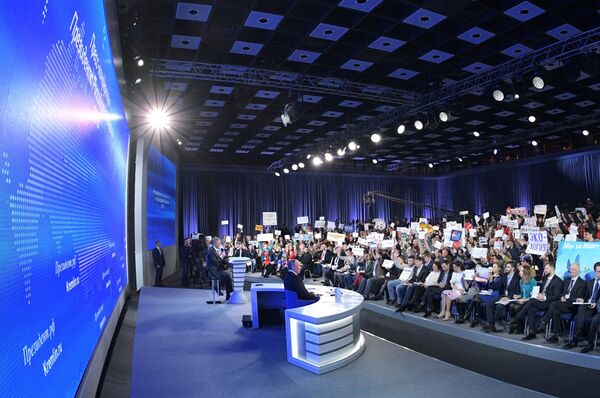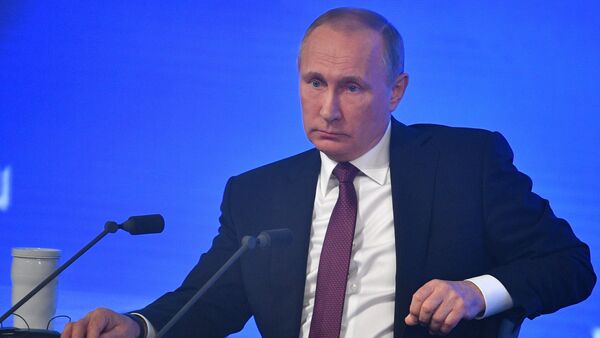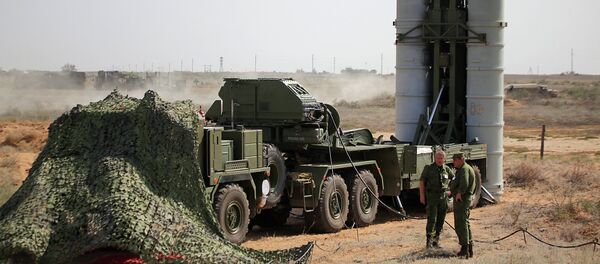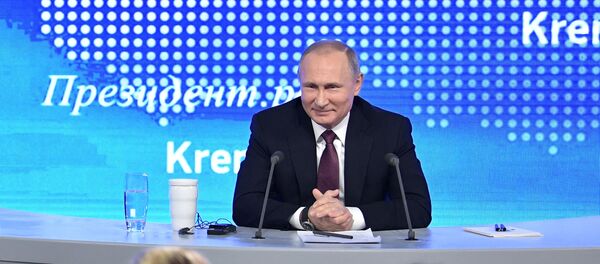Signal #1: Russia doesn't view US as an aggressor
"The president has clearly indicated that Russian leadership does not consider the United States to be a potential aggressor capable of attacking Russia," Ardaev said.
Speaking at a marathon press conference on Friday, Vladimir Putin provided a detailed explanation of his earlier comments that Russia was stronger than any aggressor. Contrary to what some in the US administration seemed to have assumed, the Russian president was not speaking about Washington.
"An aggressor is someone who can attack Russia. We are stronger than any potential aggressor. I have no problem repeating this," Putin explained, adding that he was surprised by remarks of some US officials, who claimed that the United States has the most powerful military in the world. "Nobody is arguing with that," the president said.
Putin further detailed what makes Russia strong, saying that the country's capabilities have significantly improved due to ongoing efforts to upgrade the armed forces, as well as history, geography and the current state of the Russian society.
"If I understood correctly, Russia's strength cannot be reduced to its modern weaponry; it also rests on the spiritual power of its people," political analyst Nguyen Dat Phat told Sputnik. "Any aggressive adversary will inevitably feel this power."

Signal #2: Russia and the US should be friends
Vladimir Putin also asserted that Moscow and Washington should foster closer relations since many Americans appear to share views similar to those expressed by Russia.
Putin also said that the Obama administration has divided the nation instead of uniting it and added that Donald Trump easily discerned the public mood which was instrumental to his victory at the recent presidential election.
Political analyst Pavel Svyatenkov told Sputnik that Vladimir Putin was mildly critical of the Democratic Party considering that its high-profile members had "claimed that the Russian leader was behind all opponents of Hillary Clinton" during the election campaign and that he was responsible for cyber-attacks on the Democratic National Committee.
"Russia was rather reserved in its response to serious accusations made by Clinton herself. The Russian president mildly reproached Democratic leadership for their active anti-Russian propaganda which lasted for months," the analyst said.




